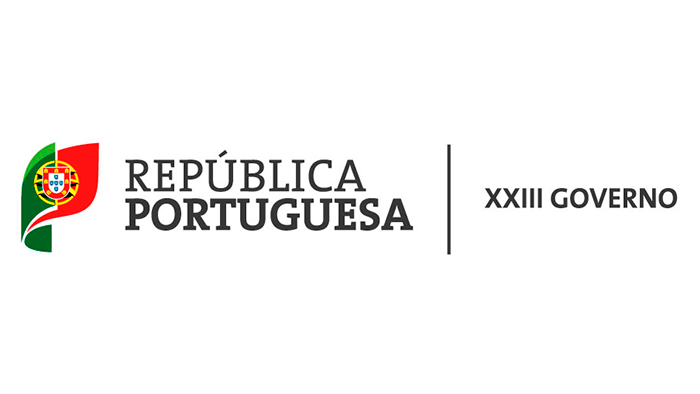News
Government establishes Integrated Commission for the Analysis of Juvenile Delinquency and Violent Crime
Government establishes Integrated Commission for the Analysis of Juvenile Delinquency and Violent Crime
Portugal among the most peaceful countries in the world

The Ministers of Internal Affairs, Justice, Education, Labour, Solidarity and Social Security and Health signed the joint order establishing the Commission for the Integrated Analysis of Juvenile Delinquency and Violent Crime (CAIDJCV).
The committee has a multidisciplinary character and has as its main objective the submission, within one year, of proposals aimed at reducing juvenile delinquency and violent crime, in particular its severity.
It is essential that we study and understand this issue, which is of great importance and delicacy. The different dimensions associated with crime and juvenile delinquency must be worked on in an integrated and sustained way so that we can understand the problems upstream and find answers. We must seek to ensure that we have a society in which people, regardless of where they are born and grow up, can develop to the full", says the Minister of Internal Administration, José Luís Carneiro.
The report to be presented by the CAIDJCV – which meets for the first time on 27 June at the Ministry of Internal Affairs in Lisbon – must contain conclusions and proposals for achieving the following objectives:
- To characterize the current reality in terms of juvenile delinquency and violent crime in a comprehensive and integrated way, enabling an analysis of their severity and possible emerging modus operandi;
- Carry out a survey of geographical areas, contexts and population groups that deserve special attention;
- Carry out a forward-looking mapping of the main international trends in violent crime, their specificities and the responses/strategies adopted;
- producing recommendations for the promotion of objective and subjective security, reducing juvenile delinquency, violent crime and its severity;
- Propose methodologies for regular analysis for the purposes of a comprehensive analysis of violent crime, particularly in terms of assessing its severity.
This committee consists of the following elements:
- Secretary of State for Internal Affairs, who coordinates;
- Professor Maria João Leote de Carvalho;
- Professor António Leitão da Silva;
- Professor Carina Quaresma;
- a representative of the Republican National Guard;
- a representative of the Public Security Police;
- a representative of the Judicial Police;
- a representative of the Directorate-General for Reintegration and Prison Services;
- a representative of the Directorate-General for School Establishments;
- a representative of the Child Guarantee;
- a representative of the National Commission for the Promotion of the Rights and Protection of Children and Youth;
- a representative of the National Anti-Poverty Strategy;
- a representative of the National Coordination of Mental Health Policies;
- A representative of the Additive Behavior and Dependency Intervention Service.
Portugal has remained, for several years, among the most peaceful countries in the world and registered crime has, overall, decreased since 2008, with the exception of slight growth in some years, such as 2019 and 2021. Violent and serious crime, as defined in the Annual Internal Security Report (IASR), has been decreasing since 2011, with slight growth in 2019.
Despite these facts, in recent months there have been several criminal occurrences, namely in the context of the public space, which cause social alarm by the level of violence involved - reflected, in particular, in the modus operandi and or by the serious consequences for the victims.
Many of these events have involved young people, in the context of nightlife, others are associated with sporting events and still others with possible groups organized for the purpose of criminal practices.
In general terms, the explanation for this type of events has emerged contextualized in a post-pandemic framework, of progressive deconfinement of the population. Over the course of about two years of the COVID-19 pandemic, it was necessary to adopt restrictions that entailed a significant reduction in social contacts and a change in daily routines, among other consequences that generate greater stress and can also have an impact on mental health, as well as exacerbating antisocial behaviour and/or the abuse of psychoactive substances, factors that are known to constitute criminogens.
Source: Government Portal
